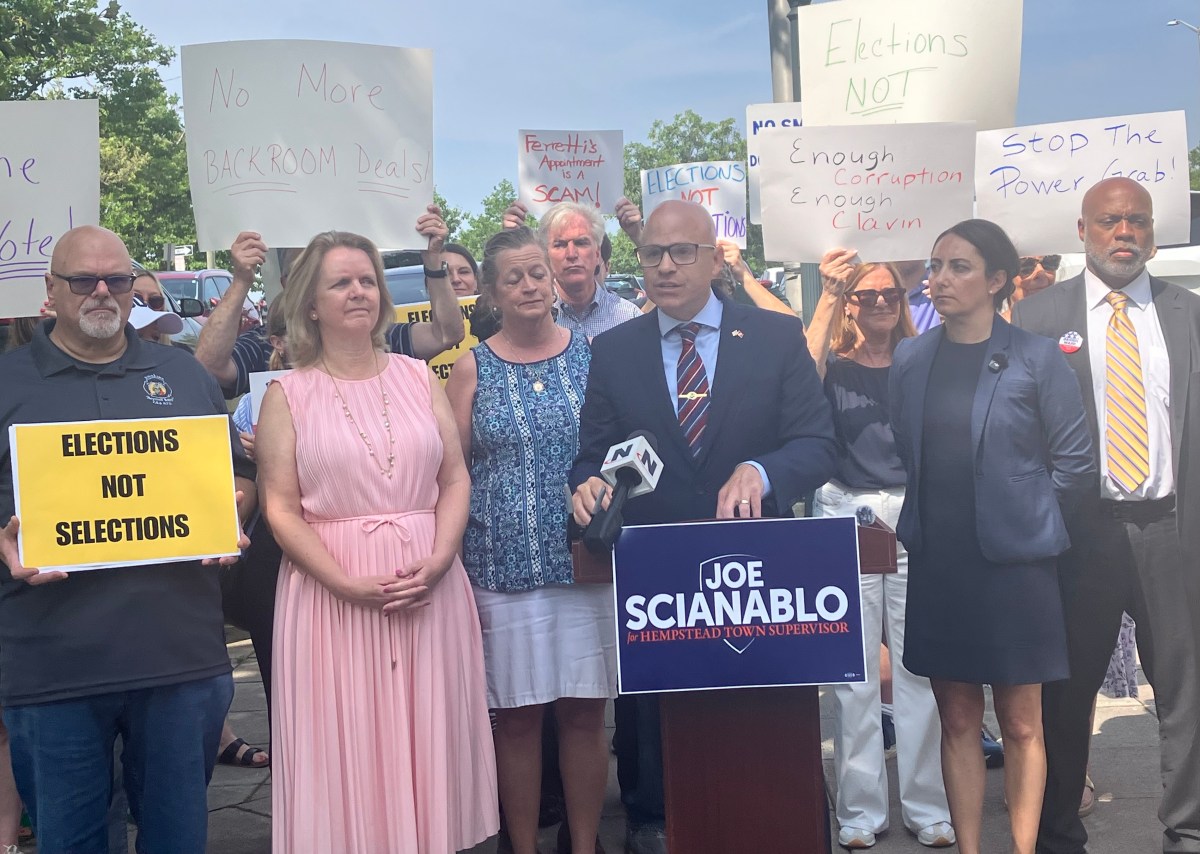Guyana, the Caribbean trade bloc’s largest producer and exporter of raw cane sugar, is scaling back production and pulling away from the European market for the first time in nearly 400 years as Europe will from in the fall end a decades-old system that had guaranteed export quantities from its former colonies, officials said this week.
The country has since the mid 1970’s been annually exporting nearly 170,000 metric tonnes of raw sugar to the European Union market under a special protocol with guaranteed prices and fixed quotes for production from Africa, the Caribbean and Pacific nations.
But Errol Hanoman, chief executive at the Guyana Sugar Corporation said that the European Union will from September end the fixed quota system and throw open its market to exporters from around the globe, including making more room for its own beet farmers to thrive.
The move will affect all countries still producing and exporting in the group including Jamaica, Belize and Barbados. Trinidad and St. Kitts quit that sector more than a decade ago when the European Union had slashed import prices by 36 percent, contending that sugar had become highly unprofitable and no longer made economic sense. Barbados has a single functioning estate.
The end of the quota system now means that cane sugar from the Caribbean with its high production costs will be unable to compete going forward as beet farmers move into space left by departing regional producers.
The result is that Guyana’s government will close three of the six grinding estates and factories by year end, scale back production to no more than 150,000 tonnes and concentrate more on selling about 60,000 to the Caribbean group of countries, about 50,000 on the open world market and just under 13,000 to the United States. The remainder will be left available for the local Guyana market.
The announcement came hours after government had laid a special white paper in parliament on sugar, saying its value to the local economy had fallen from the number one foreign exchange earner a decade ago to now behind gold, rice, bauxite and timber. The corporation has debts totaling nearly $500M and produces sugar at nearly 40 American cents per pound, about three times higher than market prices.
The announcement also comes less than two months after the umbrella Sugar Association of the Caribbean (SAC) had met in emergency session in Jamaica to consider the developments in Europe where the region had been selling an average of about 450,000 metric tonnes to Europe annually.
SAC President Karl James had told Caribbean Life recently that “we have to get into the market for refined sugar as well urgently. All of our refined sugar in the region is imported from outside so the way forward is for us to add refined sugar to brown sugar that is available and not bother too much with raw cane sugar.”
Hanoman said Guysuco will give up about 35,000 acres of land to diversification to other crops and to workers to switch to farming after estates are close and grinding comes to a halt.
“It will be irresponsible to do anything else other than to close those estates that are not performing as well,” he said, saying these decisions are the best for the money-losing, problem-plagued sector.






















